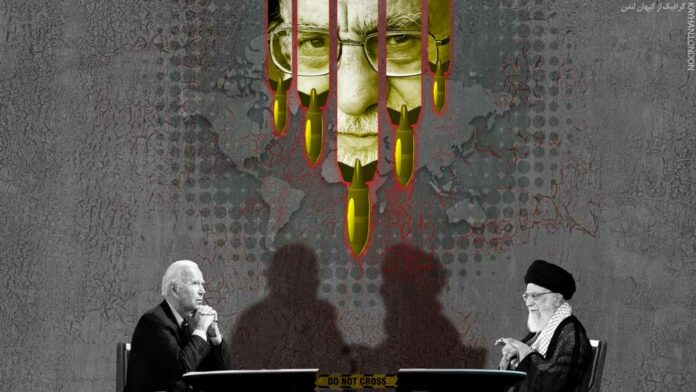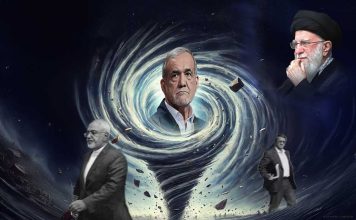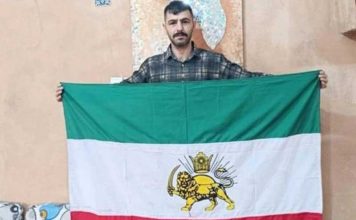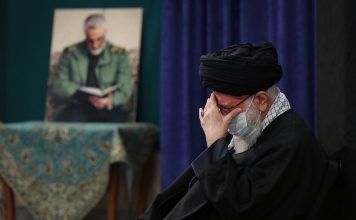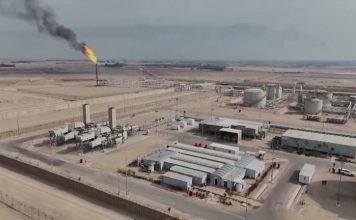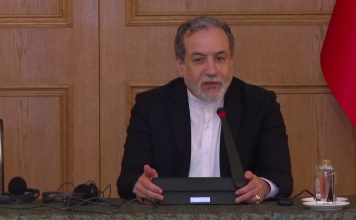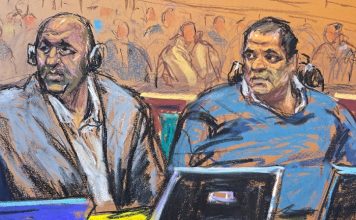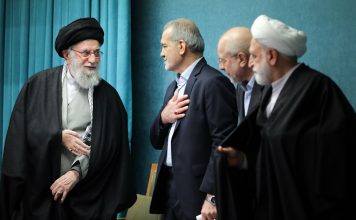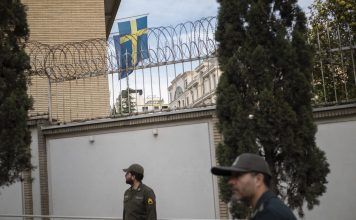WASHINGTON, Sept 26 (Reuters) – Iran must take “de-escalatory” steps on its nuclear program if it wants to make space for diplomacy with the United States, starting by cooperating with the International Atomic Energy Agency (IAEA), the U.S. State Department said on Tuesday.
The comments by spokesman Matt Miller at a briefing was the second time in recent days that the United States has criticized Iran for its decision to bar multiple IAEA inspectors assigned to the country, hindering the U.N. nuclear watchdog’s oversight of Tehran’s atomic activities.
The United States and many of its Western allies fear Iran’s nuclear program may be a cover for developing nuclear weapons. Iran denies having such ambitions.
“Iran must take de-escalatory steps if it wants to reduce tensions and create a space for diplomacy,” Miller said.
Confirming what we’ve always known— “analysts” who promoted the Islamic Republic were being directed by the regime.
Besides Ariane & Adnan Tabatabai, Ali Vaez, Ellie Geranmayeh, and Dina Esfandiari listed by @semafor… who else was part of this cabal?https://t.co/t3Ya9P9k6I
— Cameron Khansarinia (@khansarinia) September 26, 2023
🚨America’s enemies have long plotted to infiltrate our government.
It’s clear that the Iranian regime was successful in their attempt of placing agents within the highest levels of the US government.
Shameful and despicable.https://t.co/1DLCc85kUh
— Rep. Carlos A. Gimenez (@RepCarlos) September 26, 2023
“Just in the last few weeks, we’ve seen Iran take steps to undermine the International Atomic Energy Agency’s ability to do its work,” Miller said. “So if Iran really is serious about taking de-escalatory steps, the first thing it (could) do would be to cooperate with the IAEA.”
Join us for the conversation October 12-13, 2023 ⬇️
In three weeks, NUFDI will be hosting #TheIranConference, the premier forum for Washington's leading analysts, policymakers, experts, and activists from across the political spectrum who gather to discuss Iran and Iran policy.… pic.twitter.com/0iElc7GFrB
— National Union for Democracy in Iran (@NUFDIran) September 21, 2023
Miller said the steps he was talking about as a potential prelude to renewed U.S.-Iran talks, whether direct or indirect, had to do with the Iranian nuclear program, though he did not provide further details.
However, asked if he was saying Iran must take all such steps sought by the United States before Washington would agree to direct or indirect talks with Tehran, he replied: “I am not saying that.”
The IAEA was responsible for verifying Iran’s compliance with the defunct 2015 Iran nuclear deal, under which Tehran curbed its nuclear program in return for the easing of U.S., European Union and U.N. sanctions.
Attempts to revive that deal, abandoned by then-U.S. President Donald Trump in 2018, collapsed about a year ago and Washington has been searching for a new way to get Tehran to restrain its program.
(Reporting By Humeyra Pamuk in Washington and by Arshad Mohammed in Saint Paul, Minn.; Writing by Arshad Mohammed; editing by Grant McCool)

